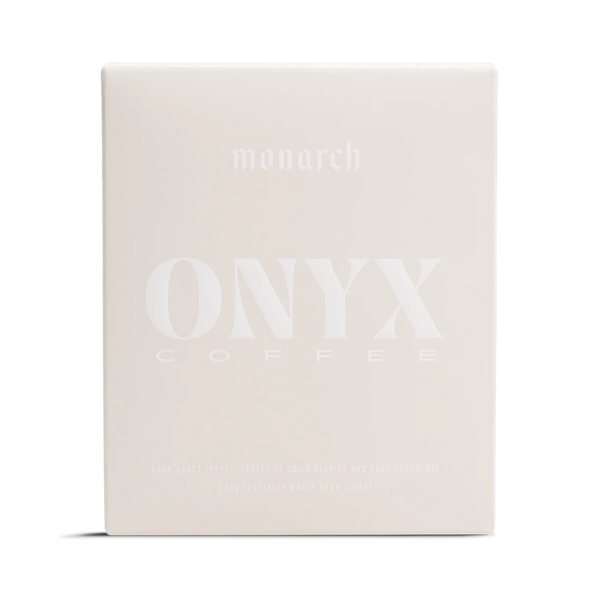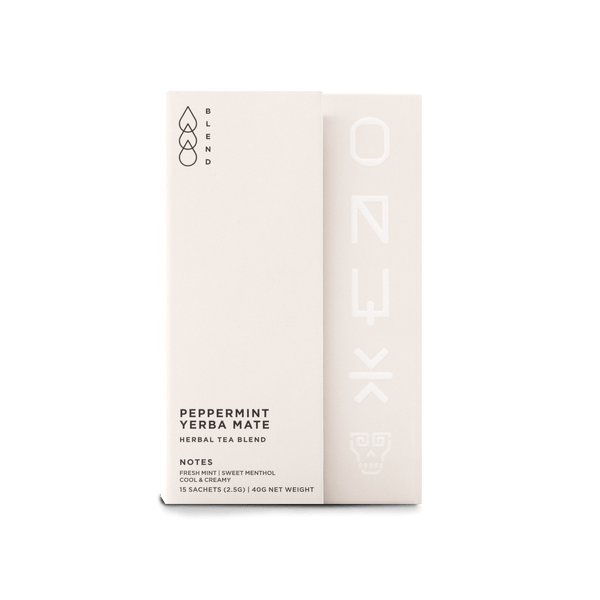Story
Sourcing coffees like this one has been years in the making. Over the last five years, our friend Aleco at Red Fox Coffee Merchants has encouraged us to visit him in Lima, Peru. Aleco and his team have been hard at work opening an office and sourcing coffees from all over Peru. Each October, we would plan to make a visit, only to have our plans challenged by conflicting events (or global pandemics). This season, we made a concerted effort to visit the Red Fox Team in Lima, and our microlot program is all the better for it. Over the course of two days, we cupped dozens of lots ranging from Cuzco in the south to the far north in Amazonas. Over each table, the team there shared about each producer or cooperative doing amazing work across the country. Together, we selected ten microlots from across the vast regions of Peru to highlight not only the hard work of Red Fox and the team, but to showcase what a varied and beautiful coffee growing country Peru is.
An Interview with Marilu Lopez Padila
Below is an interview Red Fox Coffee did with Marilu during the 2020 Pandemic. This has been slightly abridged for length, the full length interview can be found here.
Ali Newcomb: Hi everyone, I’m Ali Newcomb, director of Red Fox Sourcing Company in Peru and Mexico. I’m here with Carina Barreda, who helps manage quality for Red Fox in Peru. Also joining us is our very special guest, Marilu Lopez Padilla from Coopbam in Amazonas, in the North of Peru. After a break, we restarted the Foxhole last month with the new concept of focusing directly on the people who produce the coffee that we all enjoy so much and letting them speak directly to the people who drink their coffee. Right now we are right in the middle of Peru season and so we wanted to invite someone from our supply chain in Peru. Marilu is a crucial member of Coopbam, the group with whom we started our work in the North of Peru. Marilu, thank you so much for being here and sharing your time to tell us your experience.
Marilu Lopez Padilla: Thank you Ali, I’ll introduce myself as well. My name is Marilu Lopez Padilla, I am from the committee of Beirut, in Amazonas. Thank you for having me here.
Ali: Marilu, Coopbam has a very different history than many other cooperatives in the sense that it is in a protected forest, and because of that, it has a key focus on protecting the local ecosystem. Could you tell me a little bit about the history of Coopbam and how it started?
Marilu: Before Coopbam, I didn’t have any stable customers for my coffee. We would sell to whomever would arrive ready to buy it. Sometimes it was for really low prices and sometimes for higher prices. Often, we had no choice but to sell to whomever would show up.
One day, Edwar, the promoter for the Beirut committee, appeared when I was washing near the road and he said, I think you sell coffee. I said that I do, but just a little, and there aren’t any dried coffee beans at the moment. Then he told me that he knew a buyer looking for dried coffee to be able to sell and that I could take advantage of it. He hadn’t explained the buyers yet and I didn’t know what a cooperative was at that time, but thanks to Edwar I started to understand that they were planning to open a cooperative and were looking for coffee to start it.
He explained the details and since then, we have been working with trust. Now I say it again, in front of Edwar (who’s holding the camera), I can’t distrust the cooperative because I am always sure that it is truly cooperative and they do it for all of us, and amongst all of us, so we are all united—that is why I trust the coop.
Back then, before we established that trust, Edwar came to take my coffee and as I waited for results and payment, I kept asking him when he would pay me. He took my coffee and days went by. Soon, they did pay me and the cooperative officially started the following year in 2017. By then, it was more known in the area and many wanted to become members and build committees. Our coffee had a guaranteed market from the cooperative, and we continued and continued and I always believed in my coffee, and I still believe in it.
Ali: In the Beirut subregion, what are your biggest producing challenges, especially for producing quality?
Marilu: When it comes to the harvest, we have to be really on top of it. Once it starts ripening we have to be there consistently. If not, when the winter comes, the coffee starts falling. In Beirut, parrots will come eat the coffee once it’s ripe—that is a big difficulty for us because we have to be ready to run over quickly and scare them away no matter what else we’re doing. It means we have to pay attention constantly.
Ali: Marilu, can you please tell me more about your work in the Women’s Committee at Coopbam?
Marilu: We coordinate between the women of different regional committees to be able to expand and diversify our communal livelihood. Some members wanted to do other work like crafts and planting vegetable and fruit crops; it is so essential for the health to have fresh vegetables and we prioritize it when planting in our orchards. So that was our idea: different committees for different projects, for example, a committee for creating vegetable plots, another committee to make artisan crafts, and another committee to raise poultry, all of this to generate diversified sources of income.
Because as women we always think, the most important thing is not to lack anything at home. As a group we had plans to do many more projects through different committees this year, but as you know, this pandemic came and delayed a lot of that. I’m sure that as soon as this passes we are going to continue improving and conversing about many projects we will do. And the committees agree as women, to do it and fight to be able to go on.
Carina: How did the idea come up about building this Women’s Committee? Who was the person who managed or who pushed for the development of this committee and what was the goal?
Marilu: Well, the cooperative always talked about this, during our trainings. There are men who are married to coop members, but not all the men are members of the larger cooperative—sometimes the husbands aren’t the members, the wives are. In my case, I am by myself, but I am a member and I am also the president of the Women’s Committee, and I manage this role differently from being a cooperative member, but it is equal.
That’s what gave us the idea, because we have women who are coop members but we wanted to broaden the group to include the non-member wives of the men who were coop members. We all wanted to do something for our lives and our finances, we are always in need of things and that was our agreement: the women who want to work united to do jobs cooperatively and get better at them. For example in 2018, our women’s group grew and sold over 200,000 seedlings.
A lot of us in the community are happy that we are producing all that we are, as committee members. Like those seedlings: in order to grow a seedling, it doesn’t happen from one day to another. You have to be on top of it: fighting, working, group by group every day, just like that. That was our idea, so we could improve our livelihood. That is why we formed groups in Beirut, Vilcaniza, Yambrasbamba, by Aguas Verdes, and other places.
Ali: What is your favorite part of being a coffee producer?
Marilu: What makes me happy is having you as a set market of clients to buy our coffee. We have our buyers and believe in them, and you also put their trust in our product that goes to you. We always try to improve our product and see the best way to have it delivered to you with quality.
Ali: Would you like your daughter Ani to be a coffee producer when she grows up?
Marilu: I would love that. My daughter has learned about coffee since she was small, she has a bright mind. She likes to harvest the ripe fruits; she knows what to pick and what to discard. You won’t believe me but she already bites into the dried coffee to assess the moisture. When she bites into the dry bean, she says it’s already hard, or it’s already dry. I know with time she will learn more and that she will like it.



